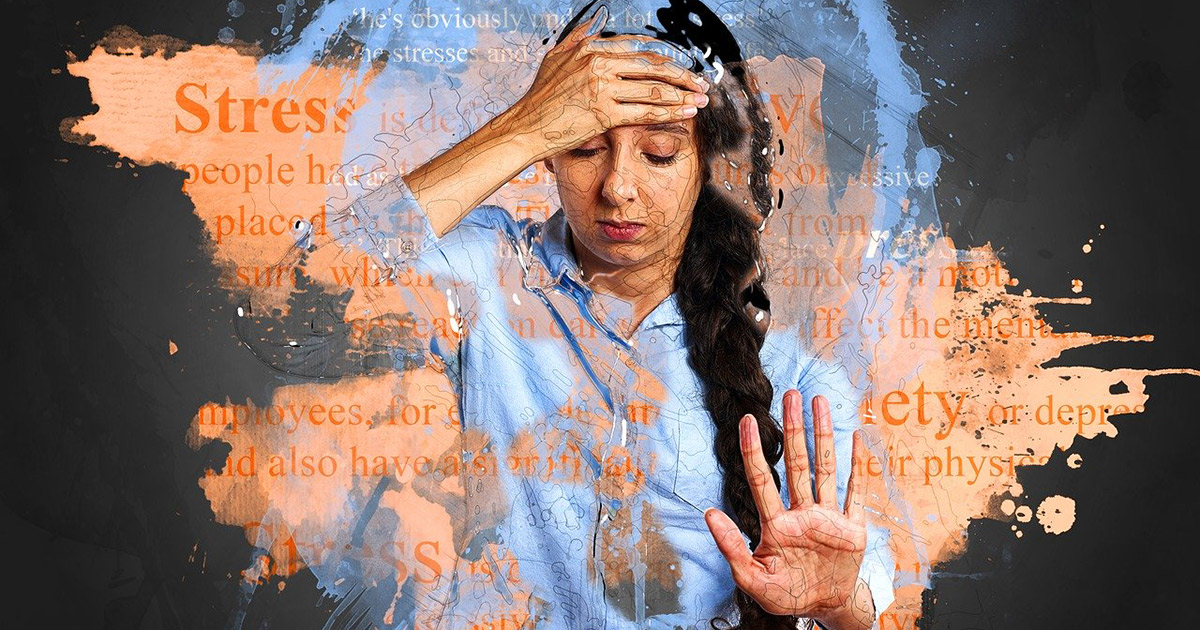|
Out of the 15 leading causes of death, men lead women in all of them except Alzheimer's disease because many men don't live long enough to develop. Although the gender gap is closing, men still die five years earlier than their wives, on average.
While the reasons are partly biological, men's approach to their health plays a role too. Men go to the doctor less than women and are more likely to have a serious condition when they do go; research shows that as long as men are working and feeling productive, most do not consider the risks to their health.
It's obvious that what all this means is that men need to pay attention to their health. Rather than ignore, procrastinate, deny and defend, they need to face health issues head-on
Erectile dysfunction
Untreated diabetes in men can lead to erectile dysfunction and other urological problems, nerve damage (neuropathy), dehydration and damage to the eyes, kidneys and hearing. Men, after putting on weight, are more at risk for diabetes than are women. Additionally, men typically store fat differently than women, which increases their risk The link between chronic disease and erectile dysfunction is most striking for diabetes. Men who have diabetes are two to three times more likely to have erectile dysfunction than men who do not have diabetes. Among men with erectile dysfunction, those with diabetes may experience the problem as much as 10 to 15 years earlier than men without diabetes. Yet evidence shows that good blood sugar control can minimize this risk.
A man is considered to have erectile dysfunction if he regularly finds it difficult getting or keeping a firm enough erection to be able to have sex, or if it interferes with other sexual activity. Most men have occasionally experienced some difficulty with their penis becoming hard or staying firm. However, erectile dysfunction (ED) is only considered a concern if satisfactory sexual performance has been impossible on a number of occasions for some time. Men who have a problem with their sexual performance may be reluctant to talk with their doctor, seeing it can be an embarrassing issue. However, ED is now well understood, and there are various treatments available.
It is always worth consulting a physician about persistent erection problems, as it could be caused by a serious medical condition. Whether the cause is simple or serious, a proper diagnosis can help to address any underlying medical issues and help resolve sexual difficulties.
Majority of men with erectile dysfunction consider taking alcohol instead of talking about how they feel in-order to feel better. This usually makes things worse in the long run. Your work will suffer and alcohol often leads to irresponsible, unpleasant or dangerous behavior.
Come for help
Erectile dysfunction and low libido is a major health concern in men and one of the leading causes of suicidal ideation. The first step in addressing individual concerns, being honest with yourself, your partner and your doctor. After the above is brought up, treating coping with it will be easier and less stressful.
FELLOW MEN!!!! LET SEEK MEDICAL ADVISE FROM THE EXPERTS
by Peter Kimani- Clinician and Medical Educator-OTRH
|







